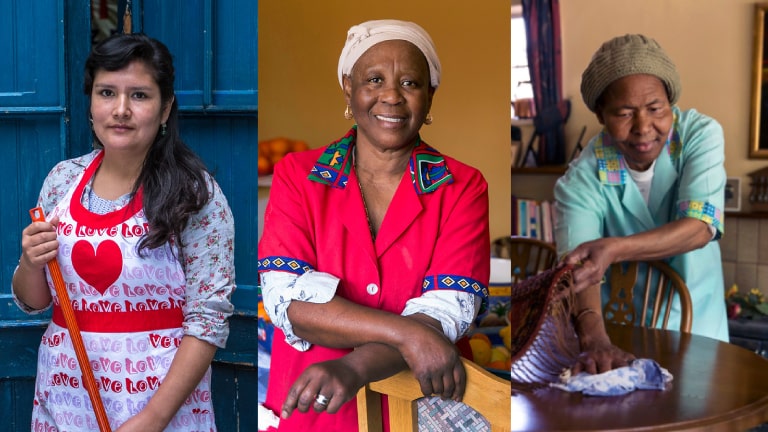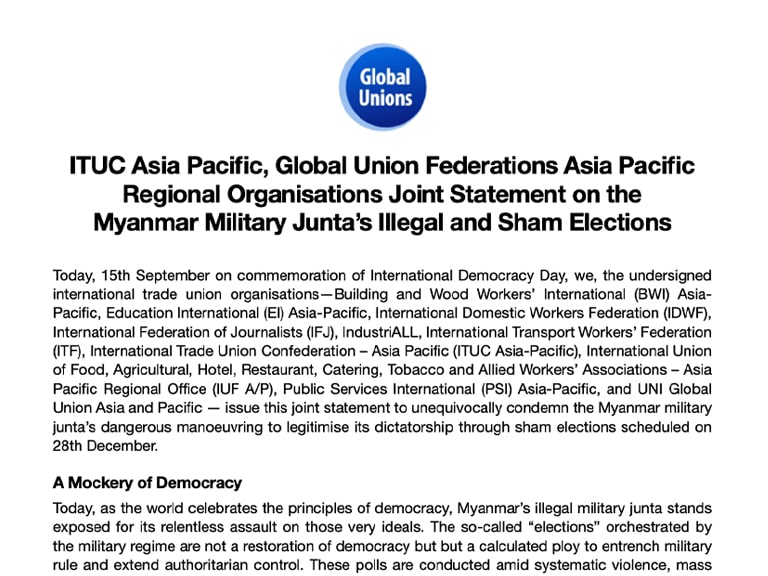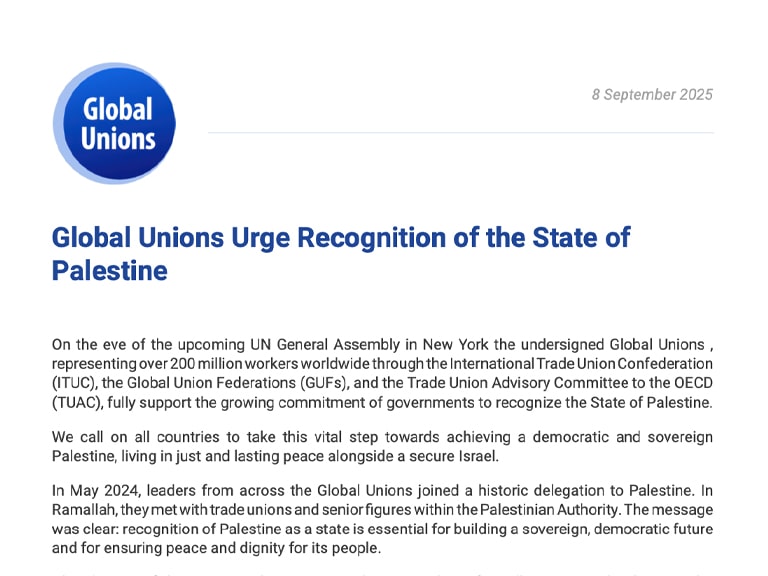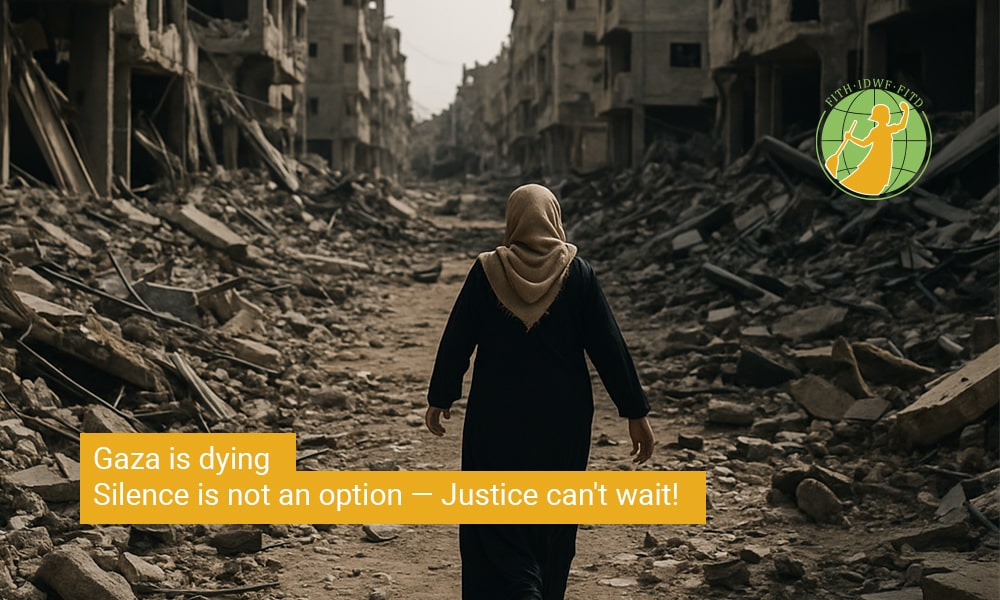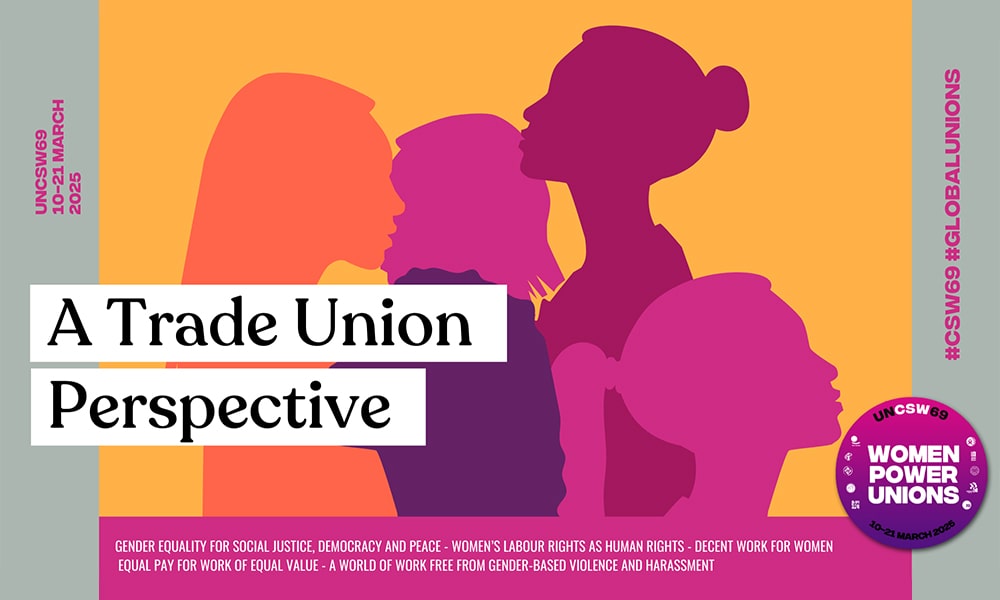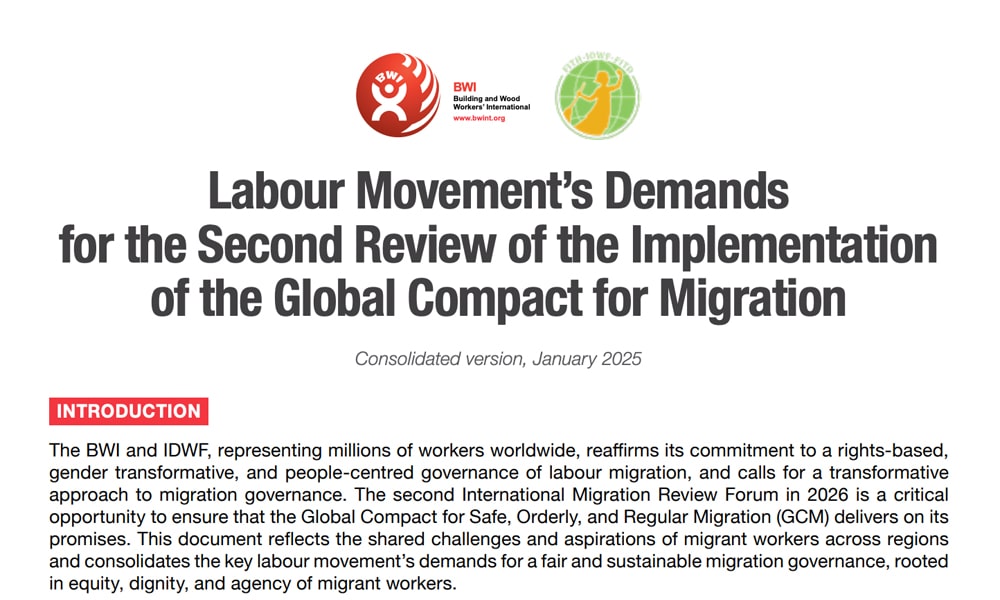Today, domestic workers make up the main bulk of all international women migrants and the number is still rising. On December 18, the International Migrants Day, we pay special tribute to migrant domestic workers who have made huge sacrifices for the sake of their families and loved ones – so that their children can go to schools, the sick treated, battered houses fixed and so on and so forth.
Details
The IDWF Statement on December 18 – The International Migrants Day 2013
Today, domestic workers make up the main bulk of all international women migrants and the number is still rising. On December 18, the International Migrants Day, we pay special tribute to migrant domestic workers who have made huge sacrifices for the sake of their families and loved ones – so that their children can go to schools, the sick treated, battered houses fixed and so on and so forth.
Despite their huge contribution on both economic and social terms to both the countries of origin and destination, their basic rights as workers and even as human rights have been denied. They remain at the bottom-most of the social strata and live as under-class citizens.
The IDWF notes with dismay that in recent years, the situation facing migrant domestic workers has been going downhill, with increased discrimination and exploitation with forced labour-like situation. This is largely due to the growth of private recruiters and employment agencies in the sector managing the migration process. The lack of effective monitoring and regulation has given rise to prevalence of unsafe migration and even trafficking of migrant domestic workers.
At the same time, governments in many countries have become more restrictive with their immigration policies, aiming to curb immigrant workers from entering their countries. It has rendered migrant domestic workers undocumented and they face increased discrimination and exploitation. Examples like the United Kingdom where the government has changed its visa system, banning newly-arrived domestic workers to change employers. Until today, the domestic workers organization, J4DWs has been fighting against this praxis, which makes migrant domestic workers entirely dependent on one employer.
The ruling of the Constitutional Court in the Dominican Republic on nationality in September 23 this year is another case in point. It has rendered stateless, thousands of men, women and those work as domestic workers and children mostly of Haitian descent. We salute our affiliate in the country, the Asociación de Trabajadoras del Hogar which held action on December 16, demanding the government to repeal the ruling.
Finally, we are indignant and deeply concerned over the continuous violation of basic workers rights and human rights of migrant domestic workers in the countries of the GCC (Gulf Cooperation Council). Due to lack of protection and prevalence of unjust practices and laws, numerous reports have exposed the extreme inhuman conditions facing migrant domestic workers there with many being beaten, raped and even killed. This is unacceptable on any terms and needs to be condemned and stopped. We note that the governments are planning to implement a Unified Contract early next year as a response to international criticisms.
The IDWF, on the International Migrants Day, calls upon governments, both in countries of origin and destinations of migrant domestic workers to ratify the ILO Convention 189 for domestic workers and enact relevant legislations to implement those terms and conditions.
We join hands with our affiliates in the Dominican Republic to call upon its government to adopt measures to ensure that the jaundiced decision of the Constitutional Court does not stand and that all full citizenship rights of persons of Haitian descent are guaranteed.
We call upon all governments of the GCC to ratify the C189 and enact national legislation to uphold workers rights and human rights of domestic workers. We will continue to monitor the development of the Unified Contract of the GCC governments, to provide input and mobilize our affiliates to support for a genuine rectification of rights of all migrant domestic workers in those countries.
